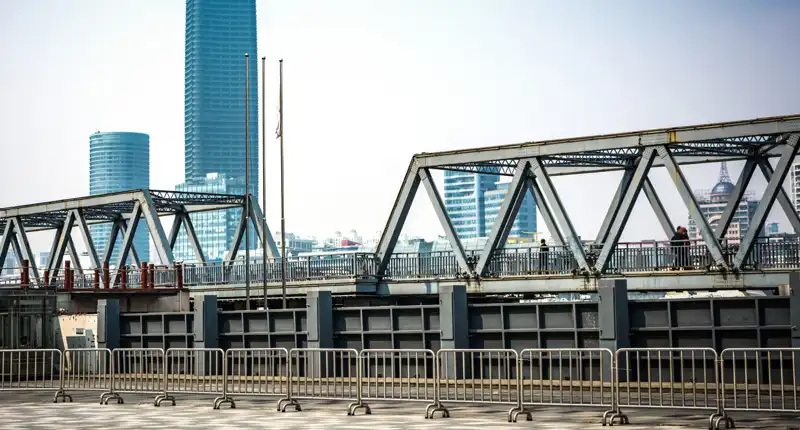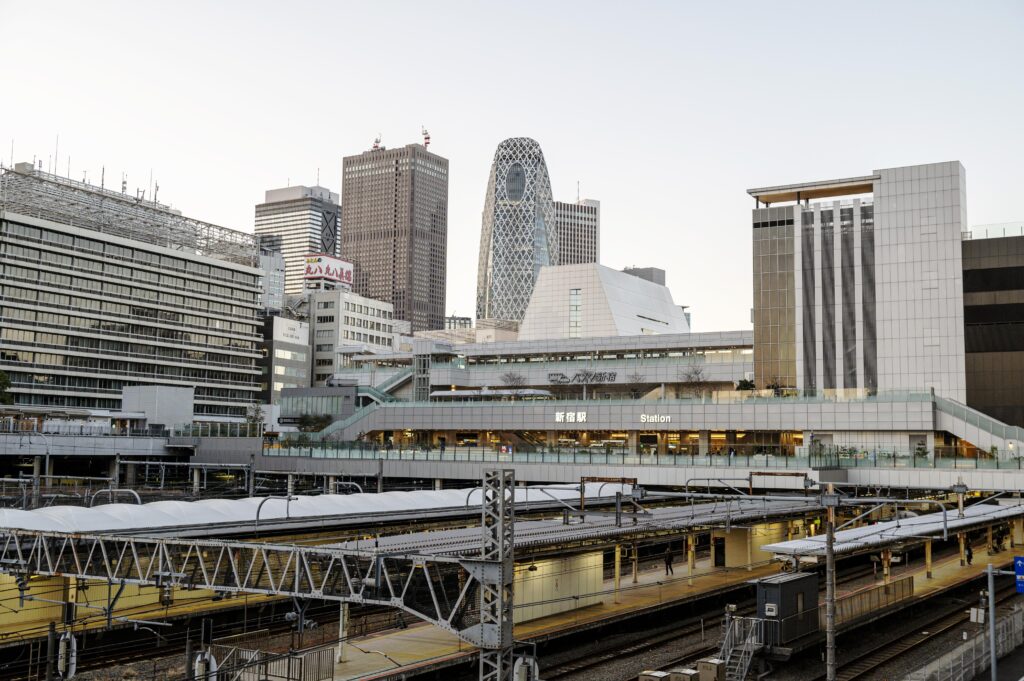
- New
- September 12, 2025
Cement Board Regulations and Standards in the UAE You Should Know
Cement boards are used widely in the construction industry as they are durable and fire-resistant. But in the UAE, stringent laws provide safety, quality and clear legality that they comply with local construction laws. For contractors, suppliers and property owners, understanding these rules is crucial to avoid legal and PR issues. This blog demystifies UAE construction codes, certifications, and fines for violations, as well as gives you tips on how to stay your cement board with the UAE code.
This blog analyses the UAE construction rules, approvals, fines for non-compliance, and valuable tips to make the laws regarding cement board adherence in the UAE effective.
At a Glance
- 1. Unmatched Durability in a Harsh Climate
- 2. Superior Fire Resistance for Enhanced Safety
- 3. Excellent Resistance to Moisture and Humidity
- 4. Versatility in Design and Application
- 5. A Commitment to Sustainable Construction
- Conclusion: Building for a Resilient Futurem
- Building with Confidence in the UAE
- Frequently Asked Questions (FAQs)
The Importance of Cement Board Codes in the UAE
The cement board regulations of the UAE are the embodiment of the authorities’ pledge to the local construction industry in the fields of structural integrity, fire safety, quality, and environmental friendliness. Such regulations are an excellent step to guarantee that consumers are safeguarded and that only assured materials and procedures are used, particularly in the severe desert environment.
- Safety and Durability: The building codes of the UAE specify that fire-resistant materials have to be used in construction, and along with cement boards they are the best ones to make sure that they are safe from fire hazards caused by high temperatures.
- Compliance with Standards: Materials for construction in the UAE have to comply with certain performance criteria and they have to be strong, durable, and resistant to environmental factors. This is especially in desert conditions which can accelerate the degradation of the materials.
- Sustainability: Cement board codes may encourage sustainable construction through encouraging the use of materials, including recycled and energy-efficient materials.
- Quality Control: Regulations make sure construction materials, such as cementboard in the UAE, are of high quality, not cheap or fake, to ensure the built environment quality, and prevent expensive repairs or replacements.
Important Standards & Certifications to Cement Boards in UAE
The cement boards in UAE should be certified to global and regional standards for quality and safety like fire, water and durability. Manufacturers adhere to ASTM and CE Marking and the Abu Dhabi Quality and Conformity Council offers product certification schemes.
- ASTM Standards: ASTM Standards on cement and cement (concrete), including the fibre-cement sheets, on the density, absorption and others, are through testing standards, such as C1288 and C1186.
- CE Marking: Cement products, such as fibre-cement boards, may be required to meet European standards and have CE marking applied to be sold in the UAE. Alternatively, requirements indicating safety and performance may be met as outlined in the European directives.
- QCC Product Certification Scheme: The Abu Dhabi Quality and Conformity Council (QCC) is the organisation that provides a product certification scheme for building materials in the form of cement products amongst others that comply with the local regulations and industry best practices.
- Fire Resistance: Cement boards go through a fire resistance test that requires them to meet the Chinese standard GB8624-2012 for fireproof ratings which means that they are of A-class incombustibility.
- Water Resistance: Cement boards are similarly tested for water resistance, quantifying moisture absorption as well as the impact of moisture on strength.
- Durability and Mechanical Resistance: Cement boards need to be strong, mechanically resistant, impact- and scratch-resistant and corrosion- and UV-resistant. Any products like cementboard in the UAE need to pass those standards to be approved.
- BIS Certification: Although primarily related to the Indian market, BIS (Bureau of Indian Standards) certification may be referred to in the discussion of quality control, so you would find manufacturers refer to it in standards.
The manufacturers are required to refer to ASTM standards, CE marking for European conformance, and QCC product certification for the Abu Dhabi cement boards, with specific references to fire, water, durability, and mechanical performance of any cement board in UAE projects.

Penalties for Non-Compliance
In the UAE, not adhering to cement board policies can pose significant risks for companies. Understanding the consequences helps avoid disruptions and enables protecting the company’s reputation. There are many consequences to be aware of when one is not careful, such as losing contracts and suffering from financial losses.
- Penalty and Legal Consequences: A company that does not follow the rules can find itself facing monetary fines, revocation of the license, being sent back to the country of origin, and being put in jail, all of which may not only stop the work
- Fines: Depending on the severity, they may vary from hundreds of dirhams up to millions of dirhams.
- Warning Letters: If violations are still at the beginning they may only get a formal warning and be given some time for the correction of the mistake.
- License Suspension: In cases of repeated violation of the regulations the business may be closed down because of the license suspension.
- Deportation: Drastic breach of the law may lead to the responsible party being expelled as a consequence of their actions.
- Imprisonment: Continuous and serious offences may result in jail time.
- Key Regulatory Authorities: Central Bank, local municipalities, and SCA are all parties that are definitely behind the enforcement of compliance through their activities.
- Cabinet Resolution No 102/2022: Sets out administrative sanctions for infringements of corporate law.
- Avoid being Non-Compliant: Know the rules, educate teams, seek professional advice, conduct periodic inspections to remain within the cementboard in UAE regulations and standards.
Tips for Selecting UAE-Safe Cement Boards
The cement boards in UAE comply with local building codes for fire resistance, thermal insulation, and climate suitability, taking into account thickness, application, and premium materials.
Key Considerations:
- UAE Building Codes: It is very much essential to adhere to the regulations of Dubai Municipality or Abu Dhabi’s Department of Urban Planning and Municipalities when designing a building.
- Climate Considerations: Properties constructed in the UAE have to meet the hot desert weather features of the climate such as being heat resistant, moisture resistant, and sand-proof.
- Fire Safety: Cement boards should be compliant with the fire resistance tests relevant to the indicated ratings as specified in the UAE Fire and Life Safety Code of Practice
- Thickness: For internal walls in dry areas, 8-10mm is suitable; for wet areas, 10-12mm; for external walls and
- Maintenance: Prioritise resistant cement boards for external walls to ensure minimal upkeep and address weather damage over time.
- Moisture Resistance: For wet zones, choose cement boards with minimal water absorption, such as fibre cement boards that have an excellent tile adhesion potential.
- Sustainability: Where it is within reach, using construction materials that are provided as sustainably as possible is a good idea. Looking at the long-term value of a cement board in the UAE is also advisable.
Final Thoughts
Complying with the UAE cement board rules is necessary for building things in a safe, energy-efficient, and environmentally friendly manner. Knowledge of the standards, other certifications, and the main avoidable mistakes not only leads to practical work but also creates trust and consistency in the UAE construction industry.. If you are a contractor or architect, compliance with the UAE cement board standards can enable you to be proactive and carry on your excellent projects, thus making sustainable development possible.
FAQ’s
- What is the purpose of cement board regulations in the construction industry of the UAE?
The regulations of cement boards in the UAE make it safe during fire, durable in structures, and sustainable to the surroundings. These standards offer a safeguard to the occupants of a building and also ensure that construction remains of high quality even in the harsh desert environment in the region.
- Which certifications are required by cement boards to be compliant in the UAE?
The cement boards in the UAE must be accredited to the standards established by the ASTM, have a CE marking in case of European conformity, and be deemed by the Abu Dhabi Quality and Conformity Council (QCC). They also have to have fire resistance tests, water resistance tests, and mechanical resistance tests.
- What are the penalties for failure to comply with the UAE cement board standards?
Violations of the standards of the AEU cement board may result in fines, seizure of cement products, prohibition to sell cement products, and court prosecution, and their amount and frequency depend on the gravity.
- What is the best way to select the cement board to be used in the UAE?
Choose the type of boards that comply with building regulations, resist fire, water, and similar aspects, and boards that are suitable for the climate conditions in the UAE. Take into account such factors as thickness, usage, that is, will they be used internally or externally, and/or sustainability certifications.
- Who monitors the compliance of cement board in the UAE?
To ensure the compliance of cement board in the UAE, the Ministry of Industry and Advanced Technology powers the Emirates Conformity Assessment System, where legal sales and use are given a conformity certificate.